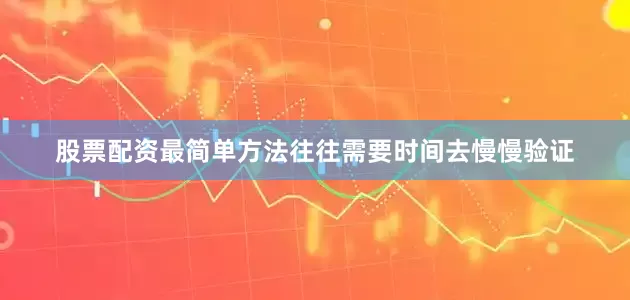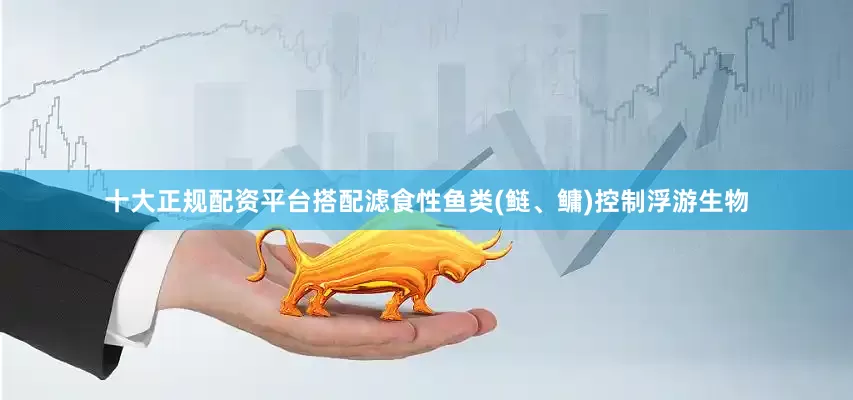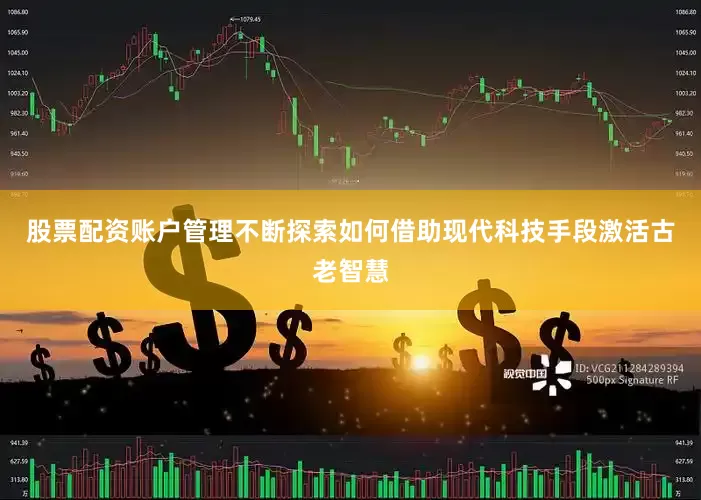
Throughout the course of history, numerous rebellions have erupted. Some were driven by desperation, while others stemmed from inner ambitions and lofty aspirations. Regardless of the motivations behind these uprisings, they all shared a common goal: to claim the throne. Among these historical figures, Li Shimin and Zhu Di stand out prominently.
Both men held comparable social and political statuses. However, Li Shimin boldly initiated his rebellion while his father was still alive, whereas Zhu Di waited until after Zhu Yuanzhang had passed away before making his move. This stark contrast in timing raises an important question: Why did two individuals with similar ranks choose such different moments to rebel?
展开剩余90%Was Zhu Di truly afraid of Zhu Yuanzhang, preventing him from acting earlier? In reality, there is only one core reason behind this difference.
01 The Xuanwu Gate Incident: Li Shimin’s Rebellion
Li Shimin is a familiar name to many. Although his father, Li Yuan, was the founder of the Tang dynasty, without Li Shimin’s significant assistance and leadership, Li Yuan would have struggled greatly to establish the dynasty. Li Shimin’s role in building the Tang empire is undeniably crucial.
During the founding of the Tang dynasty, Li Shimin, with his courage and insight, gathered numerous talented and like-minded individuals. These capable figures played a critical role in supporting his eventual uprising.
There are two main reasons why Li Yuan did not designate Li Shimin as crown prince. Although Li Shimin demonstrated exceptional achievements during the dynasty’s establishment, his outstanding performance sometimes overshadowed his father. This aroused a certain degree of wariness in Li Yuan’s heart. To secure his own position firmly, Li Yuan appointed his eldest son, Li Jiancheng, as the heir apparent. This decision was logical since Li Jiancheng was the eldest among his four sons, making him the most suitable candidate for the crown prince position.
However, Li Jiancheng himself was also wary of Li Shimin. After becoming crown prince, Li Jiancheng sought to suppress his younger brother at every opportunity. From his perspective, as long as their father, Emperor Li Yuan, was alive, he could maintain dominance over Li Shimin. Yet, once the emperor passed away, whether he could ascend the throne smoothly was uncertain. Hence, Li Jiancheng frequently tried to undermine Li Shimin.
Initially, Li Shimin chose patience, believing that their father would intervene and uphold justice. But when Li Yuan appeared indifferent and even deliberately ignored the conflicts, Li Shimin’s pride and ambition were deeply hurt, driving him to the edge. Ultimately, he decided to rebel.
Li Shimin was confident in his rebellion. Throughout the Tang dynasty’s founding, he led military campaigns, held substantial military power, and commanded many fierce generals. With this support, he launched the historic Xuanwu Gate Incident.
In this coup, Li Shimin ruthlessly killed his elder brother Li Jiancheng and younger brother Li Yuanji, then confined his father Li Yuan, and ascended the throne as emperor. Li Yuan, facing his son’s overwhelming force, felt powerless and fearful. From then on, the latter part of his life was spent imprisoned in the palace, making any comeback nearly impossible.
02 Zhu Di’s Rebellion: Overthrowing Zhu Yunwen
Compared to Li Shimin’s decisive rebellion, Zhu Di’s uprising was less direct. Zhu Yuanzhang, his father, is a well-known figure — the only emperor in Chinese history who was once a Buddhist monk. Importantly, Zhu Yuanzhang was deeply suspicious and ruthless.
To pave the way for his beloved son Zhu Biao, Zhu Yuanzhang eliminated many loyal ministers. The only exception was the general Lan Yu, who was spared due to his blood ties to Zhu Biao. Unfortunately, Zhu Biao died prematurely from illness.
Unexpectedly, Zhu Yuanzhang did not appoint another of his sons as heir but instead chose Zhu Biao’s son, Zhu Yunwen, as crown prince. This decision caused discontent in Zhu Di’s heart, but he dared not rebel because of his father’s brutal nature.
After Zhu Yuanzhang’s death, Zhu Yunwen ascended the throne. One of his first actions as emperor was to weaken Zhu Di’s power, which deeply angered Zhu Di. In response, in the first year of the Jianwen era, Zhu Di initiated the famous Jingnan Campaign, ultimately usurping the throne.
03 Reasons Behind the Different Timing of Rebellions
Though both Li Shimin and Zhu Di’s rebellions were ultimately successful, the timing difference between them was significant. This disparity stemmed not only from the surrounding political and social environment but also from their fathers’ personalities and governing styles.
Li Yuan was relatively easygoing and lacked grand ambitions, whereas Zhu Yuanzhang was ambitious and ruthless. This fundamental difference affected their sons’ options.
More importantly, the distribution of real power was critical. Li Shimin, as a key figure in the Tang dynasty’s founding, commanded many followers and military forces. Zhu Di, on the other hand, did not participate in the dynasty’s establishment and lived a more privileged life as a prince without independent military power. Therefore, Zhu Di could not rebel while Zhu Yuanzhang was alive due to a lack of military backing. Only after his father’s death and facing suppression by Zhu Yunwen did Zhu Di find no choice but to rebel.
04 Conclusion
Li Shimin was undoubtedly a powerful prince who dared to resist oppression from the crown prince. Similarly, Zhu Di was no ordinary figure; otherwise, he could not have succeeded in his rebellion.
Though their uprisings occurred at different times, the nature of their rebellions was similar. Regardless of when they chose to act, the Xuanwu Gate Incident and the Jingnan Campaign remain significant chapters in history and symbolize the abilities of these two remarkable figures.
Image source: Internet. If there is any infringement, please contact for removal.
发布于:天津市专业炒股配资门户提示:文章来自网络,不代表本站观点。







